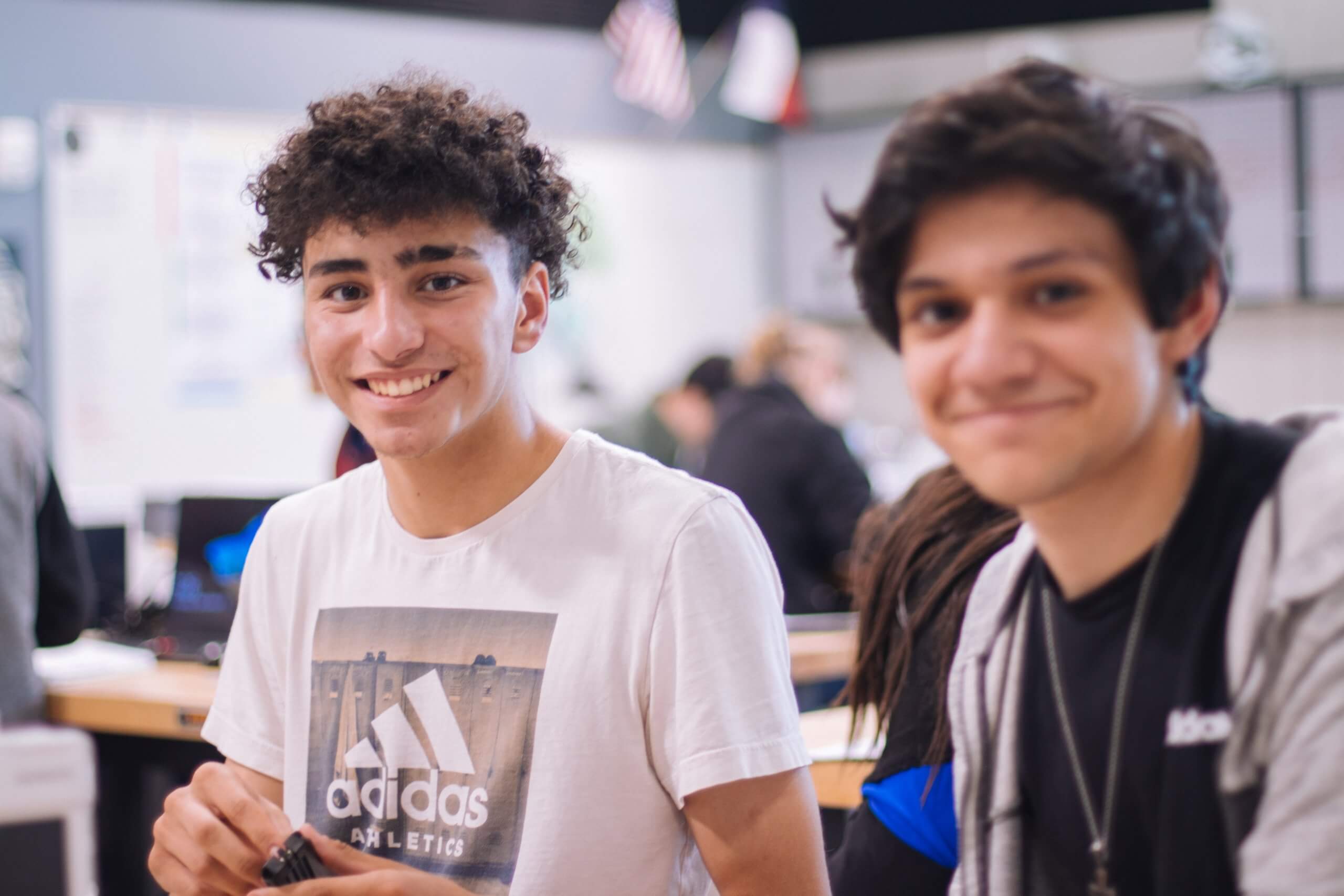Positive coping mechanisms to get through COVID-19
By: Jenna
“Hi my name is Jenna Abbasi I am 20 years old, I am currently studying Visual Arts and doing Mental health advocacy on social media. I was diagnosed with Anorexia Nervosa and Anxiety when I was 13. One of my biggest motivations in recovery is showing others they can find their light and that recovery is possible! I am really passionate about guiding others to reclaim themselves and sharing everything I find helpful! Here’s some tips that have helped me.”
For those living with and recovering from eating disorders and other mental health conditions such as anxiety disorders and OCD, this unfortunate time may be very overwhelming. There is no denying that high levels of anxiety can trigger unhelpful behaviours, rituals and compulsions.
It’s understandable that in this chaotic and uncertain scarcity environment with people stock piling food and an increased amount of people in isolation, a range of different feelings may arise, which may become confusing or difficult to manage. Having had lived experience myself, I understand and I assure you it will get better.
It can be unsettling and difficult to process how we feel. Anxiety can bring up irrational worries which may result in feelings of guilt, worry, compulsive tendencies and sometimes forgetting to put ourselves first.
However, it’s important to remember that we can control the things we do in response to this challenging time. There are so many ways we can get through this time safely and positively! This period of physical isolation, may even help us overcome some of our concerns around movement, rest, and food choices.
Trying your best to sit through the uncertainty may also help bring you to the other side and benefit you on your recovery journey; plus you may even learn some helpful positive coping mechanisms along the way! Spending time alone may be beneficial as it allows you to get in touch with your feelings and bring awareness to the needs of your body.
Anxious thoughts sometimes focus too much on the “what-ifs” and the “what can go wrong”, which tends to stir the pot more. Instead, we should try our best to focus on what we can do right now, by staying in the present and assisting ourselves the best way we can. Allow yourself to accept support from others and to look after yourself as much as possible.
Here are some positive coping mechanisms which have helped me keep my brain focused, raise my vibration and create more positive feelings during this time:
- Engage in hobbies: such as music, art, yoga, movie marathons, colouring, writing, and collaging.
- Try something new: follow some Youtube tutorials or perhaps create something cool! Now is the time for sewing, baking, arts and crafts, or even studying something new.
- Set some little tasks to complete each day: make your space clean and positive, read self-help posts, finish a book, write some cards, organise your wardrobe or desks.
- Self-care: setting boundaries, surrounding yourself with positive influences, managing your time spent with people or things that make you feel drained, looking after your skin, body and hair, engaging in positive self talk, reaching out to your supports when needed.
- Focus on gratitude and the things you appreciate in your life – people, pets, places to go, transport, professional staff, care teams, food, water, safety.
- Send some love out to the universe: to your friends, families, health care workers and don’t forget yourself!
- Be mindful with your hygiene without over doing it, follow health and safety rules when appropriate.
- Continue with normal routine as much as possible: this includes meal planning, and self-care strategies.
- Acknowledge negative feelings and thoughts and try to replace them with positive self-talk.
This could be a good opportunity to go within yourself, attend to your needs, emotions and rest! Don’t forget to tell yourself everyday how brave and strong you are. Regardless of what’s going on, you’re already doing amazing.
Sending light,
Jenna.
Get Support
National Helpline: 1800 33 4673 (ED HOPE).
Email: support@butterfly.org.au
Chat online





















